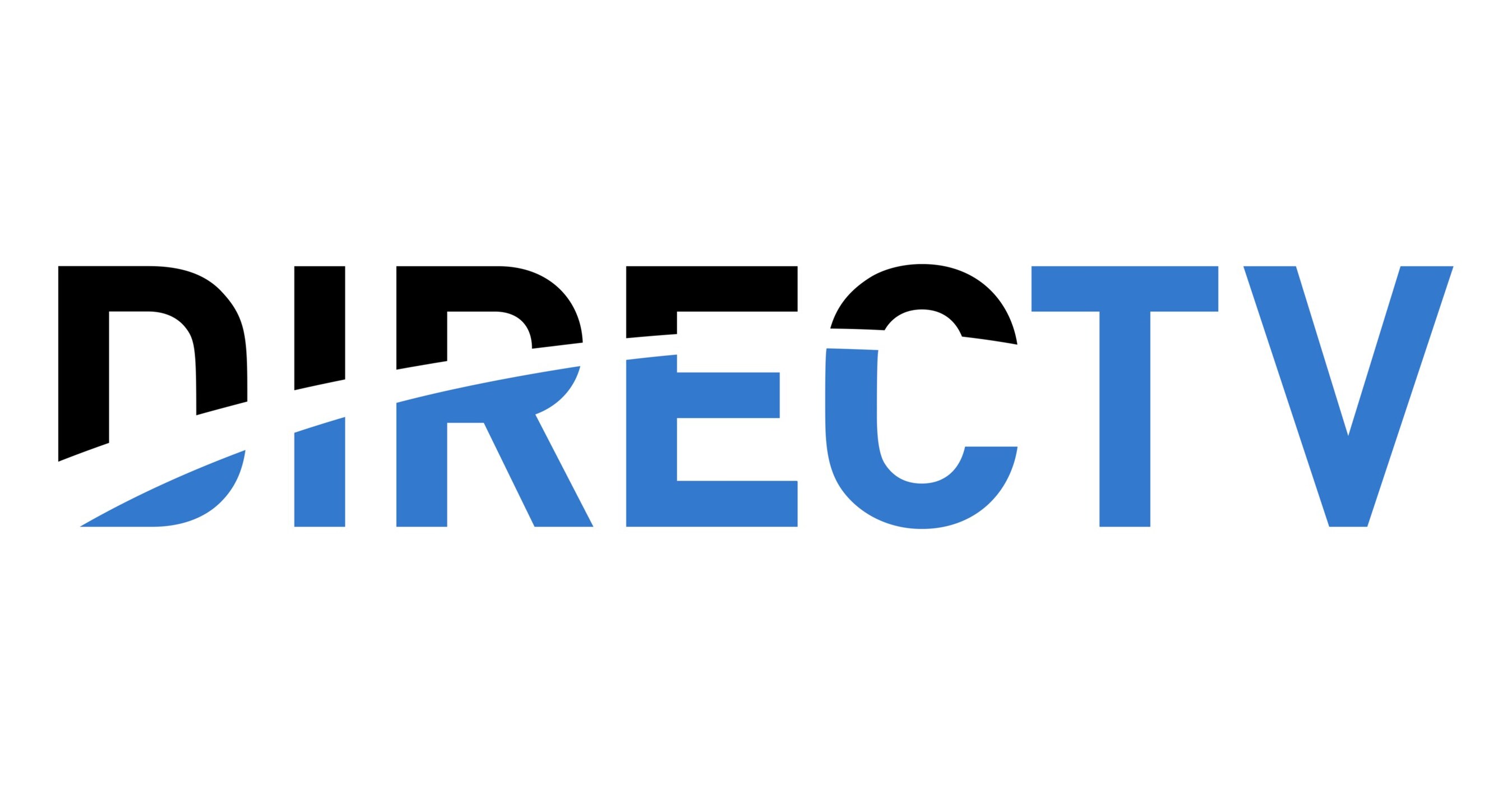Bussiness
The Games Industry Will Continue to Grow, Former Blizzard President Says on the Eve of First New Game – IGN

2024 has been a turbulent year for the games industry to say the least. Between record layoffs, studio closures, and high-profile game cancellations, it’s anyone’s guess why anyone could enter the industry with optimism.
“I think in the past few years a lot of investment capital has discovered games as being a very profitable thing to invest in. And a lot of money went into the games industry and so you had a ton of investment and start-up. I think there was probably a bit of over investment that is being adjusted now, but I don’t think that’s an indication that there’s anything wrong fundamentally with the business of games, I think it’s still continuing to grow,” counters Mike Morhaime, the former, longtime president of Blizzard Entertainment who oversaw the release of numerous hit games like World of Warcraft, StarCraft, and Overwatch.
“Maybe not as quickly as people thought. With the [COVID-19] pandemic, there was a bit of a leap forward, and that didn’t get extrapolated forward the way that many people thought it would. It adjusted back to the curve that it was on before, but it’s still growing.”
Morhaime is able to speak from a place of almost unparalleled experience. For almost 30 years under Morhaime, Blizzard released a near constant string of hits that include Warcraft 2, Warcraft 3, World of Warcraft, StarCraft, Diablo 2, Hearthstone, and Overwatch. It might be a coincidence, but since Morhaime’s departure, Blizzard hasn’t returned to that summit.
“It’s still a very competitive industry. And so, I think that the top games are still responsible for the bulk of the profit, but that has been the case for a really long time.” Morhaime adds. “So, I don’t think that’s necessarily a new thing. You know that in order to be successful in gaming, your game has to attract an audience and it really has to rise above the noise in the crowd.”
Although he left the company he co-founded in 2018, Morhaime didn’t just ride off into the sunset. Just a year later, he announced Dreamhaven, a new video game company that will serve as both publisher and developer thanks to two internal game studios, Moonshot and Secret Door. Hardly a vacation, but one big difference between Dreamhaven and Blizzard is that Morhaime isn’t starting from scratch, because Dreamhaven is no startup.
“When I started many years ago, Blizzard started as very small. We started with three people and grew from there… I think the biggest difference is the amount of experience that the Dreamhaven leadership has, and even all the super talented contributors on these projects. These are really talented, experienced game makers. And our central team also was built with people who have a ton of experience. And so, we’re able to take all that experience from all of our collective past and apply it to what we’re doing here. Whereas in the beginning at Blizzard, we were just figuring everything out for the first time.”
He enlisted the help of industry veterans to fill up the ranks of Dreamhaven. Many of the folks at Dreamhaven and Secret Door come from major studios, including Secret Door game director Erin Marek (Riot Games, EA), and Secret Door studio head Chris Sigaty (Blizzard), who both sat down with IGN for this interview. But right out of the gate, Dreamhaven launched right into the midst of a global pandemic.
“We were all high-fiving like, ‘here we go!, we’re going to start and we’re going to have the studios! We’re going to start —’ and then boom, COVID hit,” Sigaty recalls. “We announced our company in September of 2020, but we had actually formed right at the end of 2019, beginning of 2020. And so, then COVID hit and that changed everything.”
Like every other game studio at the time, Secret Door transitioned to a remote work model and went heads down on their first game. Having weathered that initial storm, Secret Door is gearing up for the big reveal on a collaborative game inspired by the developers’ love of tabletop board games. And they won’t be going at it alone thanks to help from Dreamhaven, which owns the studio, but acts as a supportive arm.
In a way it sounds like an indie studio, but with the resources of a big company. At least according to the way Secret Door’s game director Erin Marek describes it.
“I love the size of the team. I think it’s great… The thing I really appreciated is, I love indie and small development, because you get to touch so many things you normally wouldn’t at a large studio. Usually at a large studio, you’re relegated to your title. That’s something at Secret Door we’ve really tried to push to differentiate from. And I’m actually a perfect example. I Actually got hired as the lead producer and ended up transitioning over to the game director role. And part of that was because in my lead producer role, I was also helping with design. I was being included, allowed to explore these passions that I was always really excited about, but maybe in previous jobs just didn’t have the ability to do.”
Ultimately, given the wealth of talent at Dreamhaven, Morhaime and the founding team settled on a structure where internal studios like Secret Door can be “in control of their destiny” while the team at Dreamhaven can help offer support wherever else that’s needed, whether it’s on the development, production, or publishing side.
And while launching a new IP seems daunting because of the state of the games industry in 2024, Dreamhaven’s decades of experience does seem to offer a sort of buffer. Sigaty, who was executive producer on games like Warcraft 3 and Hearthstone, believes this to be the case.
“I joined Dreamhaven because of the people involved… And I definitely believe in these people, and their values, and who they are and how they tackle challenges. And it is a challenging time. We’ve watched it ebb and flow as Mike spoke to, from a really insane time where it felt like if you’d even worked at a company on a game you could get funding to ‘there’s not a lot of funding right now,’ and it’s definitely caused some shake ups.”
While there’s no single answer to how a studio can overcome these challenges, Sigaty and Marek share that Secret Door’s first game will aim to deliver at the highest level of quality they can, and then go from there. Something Sigaty said he learned from his past experience in games.
“This is what I saw previously in my career, was games that delivered with a high-level of quality, that built up strong communities around them. And then the next game comes and the next game comes. And as long as I feel like we pay attention to the level of quality and build the right community around what we’re trying to do, I’m confident we can make a dent and be a part of this amazing industry that we enjoy so much.”
So given the veteran talent from Blizzard and Riot, I wondered if Secret Door’s first game would draw upon the team’s experience with competitive multiplayer games. Not quite according to the developers.
“When we set out at the founding of the studio to talk about what we wanted to build, one of the big things we made a decision on very early was, we didn’t want to start by making a competitive game,” Sigaty says. “We wanted our passions to push forward. Specifically, we wanted to focus on collaborative games.”
Sigaty points to the board game table behind him during the interview. “Inspirationally, this board game table behind me, and tabletop and board games in general was something that we found we were all doing in our free time. While developing video games, certainly playing video games, we were also getting together physically around a board game table. And that was very special for us as we realized and reflected on that.”
“My background has been at Riot,” adds Marek. “It’s also very competitive, esports-focused, et cetera. Before that, I was at EA on Madden, which is a sports franchise. So, I’d say that my experience with the game I’ve worked on isn’t particularly similar to what we’re making now. But I think that the skill sets that I learned working on those games has been incredibly valuable in helping develop this. Especially even when we loot at collaboration and how you build positivity in games and how you get people together in a positive way.”
While we wait a bit longer to find out what Secret Door is keeping behind the lock, Dreamhaven is already fulfilling its other duties as publisher having announced today that it will bring Lynked: Banner of the Spark to market from outside studio FuzzyBot.
“I think there’s probably more gamers playing games and consuming games at this time than there has been at any other point in history,” Morhaime says when talking about the games industry as it is now. “And I think the future is really bright for games as a popular pastime. I think we’ve reached a mass market. We’ve dreamed about it for a really long time, and I think we’re there. They used to talk about games being as big as Hollywood and I think they were fudging the math initially when they said that, but now I think it’s actually really true.”
Matt T.M. Kim is IGN’s Senior Features Editor. You can reach him @lawoftd.








